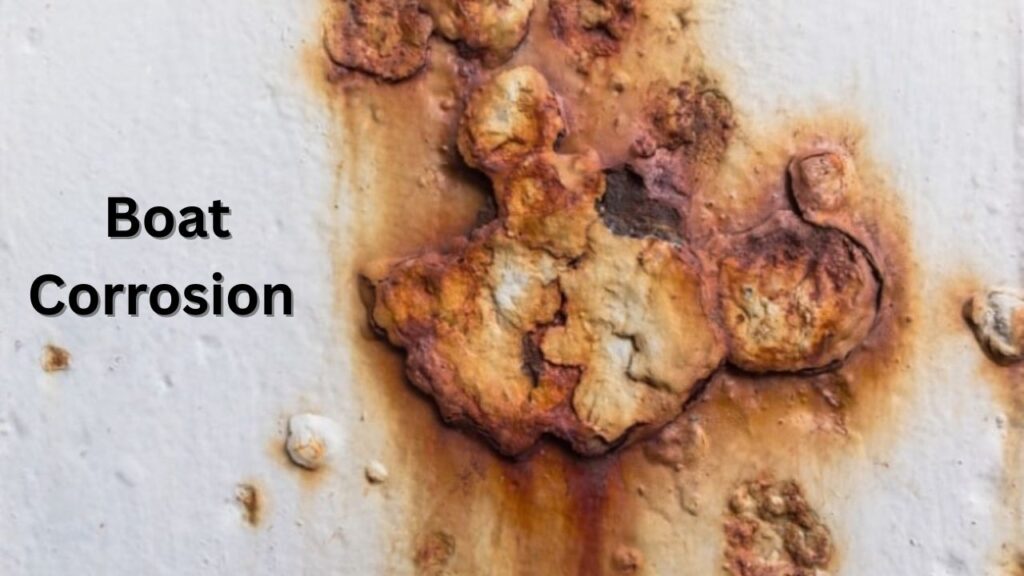Boat corrosion is one of the most common yet often overlooked problems that affect marine engines and metal components. Whether your vessel spends most of its time in saltwater or freshwater, corrosion can slowly eat away at vital parts, reducing performance and safety. Understanding how corrosion occurs—and how to prevent it—can save you thousands in repairs and extend the life of your boat.

What Causes Corrosion on Boats?
Corrosion occurs when metal reacts with oxygen and moisture, forming rust or other oxidized compounds. In marine environments, saltwater speeds up this reaction dramatically. This type of marine corrosion affects outboard motors, propellers, hull fittings, and electrical systems. Even minor exposure to salt spray or humidity can start the corrosion process if parts aren’t properly protected.
Types of Corrosion Found on Boats
- Galvanic Corrosion: Happens when different metals come into contact in saltwater, creating an electrical current that causes one metal to deteriorate faster.
- Electrolytic Corrosion: Caused by stray electrical currents from onboard systems or nearby vessels.
- Surface Corrosion: Common on exposed areas such as fittings, prop shafts, and fuel tanks due to salt and moisture buildup.
How to Prevent Marine Corrosion
Preventing boat corrosion requires a combination of regular maintenance and quality protection products. Always rinse your boat with fresh water after every trip—especially after saltwater use—to remove salt deposits. Apply marine-grade waxes or protective coatings to metal parts, and use sacrificial anodes (zinc or aluminum) to reduce galvanic activity.
One often overlooked aspect of corrosion protection is fuel care. Moisture buildup in fuel tanks can lead to rust inside metal components and fuel lines. Using a marine fuel stabilizer such as STA-BIL® Marine Fuel Stabilizer helps remove water from fuel, prevents corrosion, and keeps your engine running smoothly even after long storage periods.
Regular Maintenance for Long-Term Protection
Inspect all metal surfaces, wiring, and fittings regularly for signs of corrosion. Replace worn anodes, clean contacts, and ensure proper grounding of electrical systems. When storing your boat, drain and stabilize the fuel system to avoid condensation and internal rust.
By understanding how corrosion works and applying the right protection methods—including using trusted products like STA-BIL® Marine Fuel Stabilizer—you can ensure your boat stays in top shape season after season.




